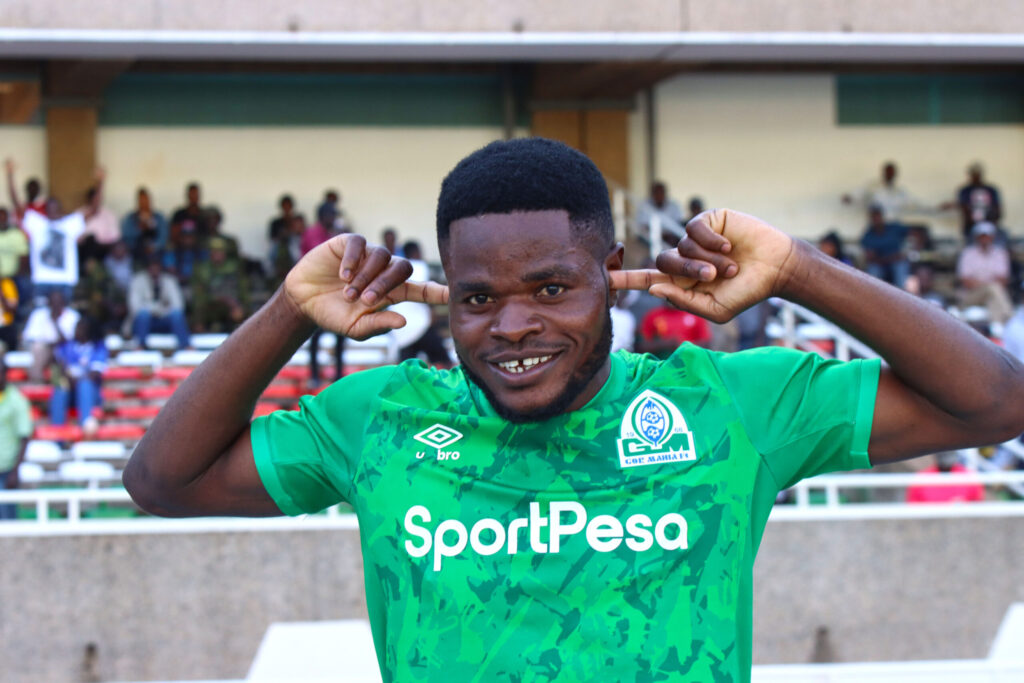In the realm of professional football, the transfer market serves as a pivotal arena where clubs seek to bolster their squads by acquiring talented players. However, the allure of securing top-tier talent often leads to ethical and legal quandaries, particularly concerning the practice of tapping up. This article delves into the intricacies of tapping up, its regulatory framework, and the recent controversy surrounding Algerian club Jeunesse Sportive de la Saoura’s alleged approach to Gor Mahia regarding Benson Omalla.

At the heart of football’s transfer regulations lies the principle that clubs cannot directly or indirectly approach players under contract with other clubs without proper authorization. This prohibition is explicitly outlined in Regulation 18.3 of FIFA’s Regulations on the Status and Transfer of Players, which govern both international and domestic transfers. Tapping up, therefore, represents a breach of these regulations and is regarded as a serious transgression within the footballing community.
The ramifications of tapping up extend beyond mere ethical concerns, as clubs found guilty of such practices can face severe penalties. These penalties may include financial sanctions or, in more egregious cases, transfer window bans. Such punitive measures underscore the gravity with which football’s governing bodies approach cases of tapping up, emphasizing the imperative for clubs to adhere scrupulously to transfer protocols.
In the recent instance involving Algerian club Jeunesse Sportive de la Saoura and Gor Mahia, allegations surfaced suggesting that the former had made informal overtures regarding the transfer of Benson Omalla. However, it is imperative to distinguish between formal inquiries and speculative discussions. In the absence of a formal written communication from JS Saoura to Gor Mahia regarding Omalla’s transfer, the veracity of these claims remains speculative. Nonetheless, the purported actions of JS Saoura underscore the need for vigilance and adherence to transfer regulations.
Central to the discourse on football transfers is the determination of transfer fees, a process governed by various factors, including player valuation, contractual stipulations, and negotiation dynamics. Contrary to popular misconception, it is the parent club, rather than the acquiring club, that typically dictates the transfer fee. This fundamental principle underscores the importance of transparent and fair negotiations between parties involved in the transfer process.
Furthermore, the involvement of intermediaries in transfer negotiations introduces an additional layer of complexity to the process. While intermediaries play a legitimate role in facilitating transfers, their actions must adhere to regulatory guidelines. Only licensed agencies are authorized to represent players and clubs in transfer dealings, ensuring compliance with established norms and regulations. Therefore, the legitimacy of intermediaries, such as Ochiel in this context, hinges on their licensure status and adherence to regulatory protocols.
In light of the allegations leveled against Jeunesse Sportive de la Saoura, the question of recourse and accountability arises. Gor Mahia, as the aggrieved party, retains the right to pursue legal action against JS Saoura for any perceived breaches of transfer regulations.

